THE REGION
LANGUAGE AND CULTURE
University of Silesia is located in one of the most interesting and culturally rich regions of Poland. Why the citizen of Sosnowiec is not a Salezian? Which dishes should be considered the most Silesian? Where in the Cieszyn Silesia the mountain traditions are alive till today? Thanks to the presence of University campuses in four cities: Katowice, Sosnowiec, Chorzów and Cieszyn the students learn not only about the Polish culture but also the local cultures: Upper Silesian, the culture of the Dąbrowa Basin and of the Cieszyn Silesia. They can also see the most important attractions of the regions, among others the Nikiszowiec mining district, the Błędowska desert or the Silesian Beskidy mountains. In terms of language it is also the possibility to learn Polish language used by people in these locations.
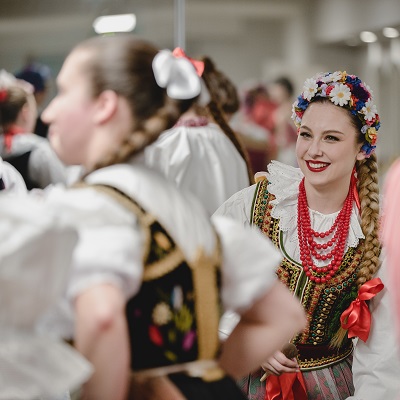
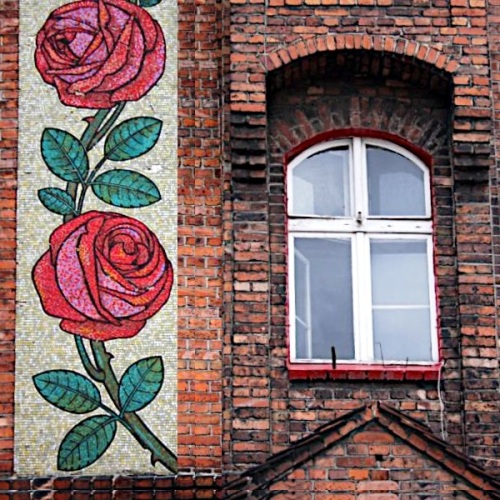
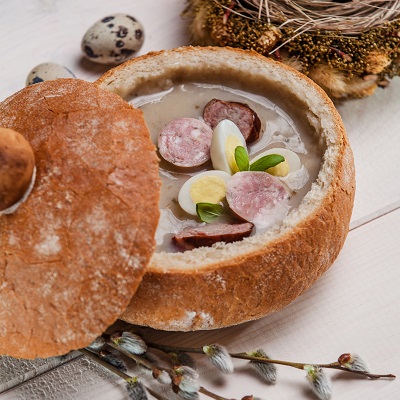
In the pictures:
Student Song and Dance Ensemble “Katowice”, in other words: love of the folklore | photo by Wojtek Korpusik,
Nikiszowiec – historical mining district of Katowice | photo by Agnieszka Sikora
and the traditional sour soup served in bread | photo:
gpointstudio – pl.freepik.com
School of Polish Language and Culture
Director of the SJiKP
prof. dr hab. JOLANTA TAMBOR
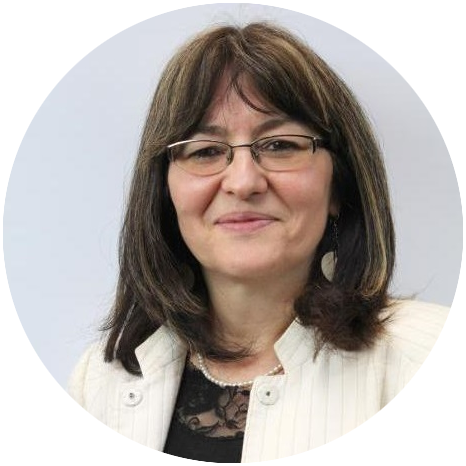
fot. „Gazeta Uniwersytecka UŚ”
School of Polish Language and Culture has been conducting its activity at the University of Silesia in Katowice for over 30 years. The school teaches Polish and promotes Polish culture as well as the culture of Silesia. By organizing different courses, it educates foreigners and people of Polish origin from all over the world: students, pupils, teachers, and future teachers of Polish as a foreign language, as well as students and employees of the University of Silesia in Katowice from abroad. The school also prepares and organizes seminars about the Polish language and culture and conferences concerning Polish glottodidactics and the reception of Polish literature in the world.
Apart from teaching School of Polish Language and Culture conducts the research activity focused on the reception of Polish literature abroad, the methodology of teaching Polish as a foreign language, interculturality, and Polish pronunciation.
Among participants of the courses, there are many employees of the University of Silesia from abroad. The school allows them to learn the Polish language and culture quickly and in a convenient location.
The School of Polish Language and Culture is also one of the centres entitled to organize the certified state exams of Polish as a foreign language on different levels. It is possible not to take a break from Polish during the vacation by participating in the Summer School of Polish Language, Literature and Culture in Cieszyn.

fot. „Gazeta Uniwersytecka UŚ”
prof. Jolanta Tambor – Director of the School of Polish Language and Culture of the University of Silesia in Katowice, Plenipotentiary of the Rector for the Foreign Students, and a member of the Polish Committee for Confirming the Skills of Polish as a Foreign Language. Prof. Tambor is also a visiting Professor at the universities in Canada (Toronto, Edmonton), Belarus (Minsk) and in China (Bejing).
PARTICIPANT OF THE POLISH COURSE IN THE SCHOOL OF POLISH LANGUAGE AND CULTURE
KRISTINA ARTAMONAVA
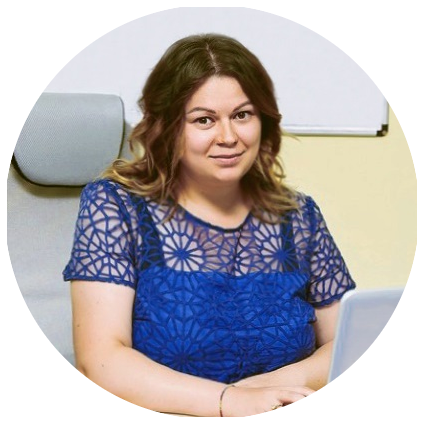
photo: archiwum prywatne
I attended Polish language courses at the School of Polish Language and Culture when I started studying in 2015. I liked that before the start of the course we took a test on the level of knowledge of the language and we were divided into groups. I can also note that despite the fact that there were many students from different countries in the group (e.g. Belarus, Ukraine, Japan, Germany, etc.), the teacher always found words in Polish to explain something without resorting to translation. It helped a lot in learning. I attended classes for the first six months, and then it became difficult for me to combine them with my study schedule, and I also found friends with whom I could practice Polish 🙂 But I am grateful to the university for the opportunity to take part in these courses.

photo: archiwum prywatne
Krystsina Artamonava is currently employed at the Faculty of Humanities, University of Silesia in Katowice as Foreign Language Lecturer (2021). She holds a Master’s degree in Philology from the University of Silesia. Her field of interest includes literature, literary translation, translation theory and practice.
PARTICIPANT OF THE POLISH COURSE IN THE SCHOOL OF POLISH LANGUAGE AND CULTURE
LALTA PRASAD BAISHY
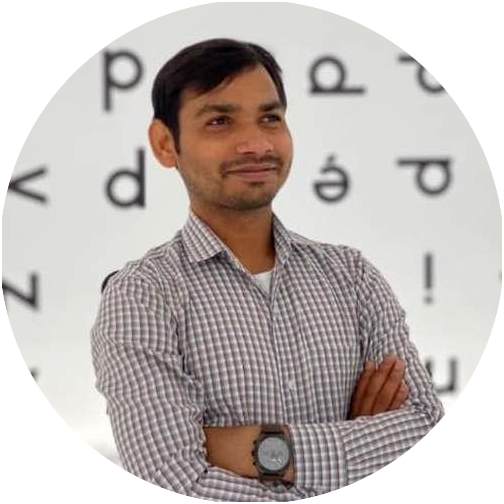
photo: archiwum prywatne
From the 1st till the 27th of August 2022, Cieszyn School of Polish Language and Culture organized the 22nd Summer School of Polish Language, Literature and Culture.
For me, Summer School 2022 is one of the best memories of my life. The level of my Polish improved, and I have met great people from all over the world. I want to thank Prof. Jolanta Tambor and Agnieszka Tambor, PhD as well as all the teachers, for the wonderful month we could spend together and the chance to learn so much. You have taught us a lot about the Polish language and culture.
In our free time, we went on excursions to Beskidy, Żory, Wawel Castle, Auschwitz-Birkenau Museum or Silesian Museum and Pszczyna. I got inspired to study Polish.
Thanks for all!

photo: archiwum prywatne
I am Lalta Prasad Baishy. I come from India. I graduated from the University of Allahabad. I learned Polish at the Delhi University in India, then in the School of Polish Language and Culture of the University of Silesia in Katowice: first during summer school, then during the annual preparatory course before undertaking studies in Polish. I have done my MA in International Polish studies at the Faculty of Humanities. I like Polish culture, literature and history. I love to read books in Polish.





